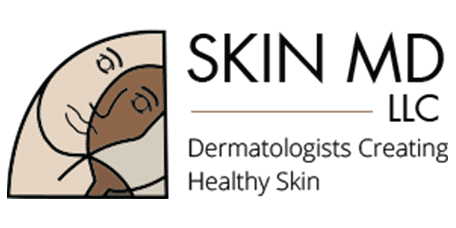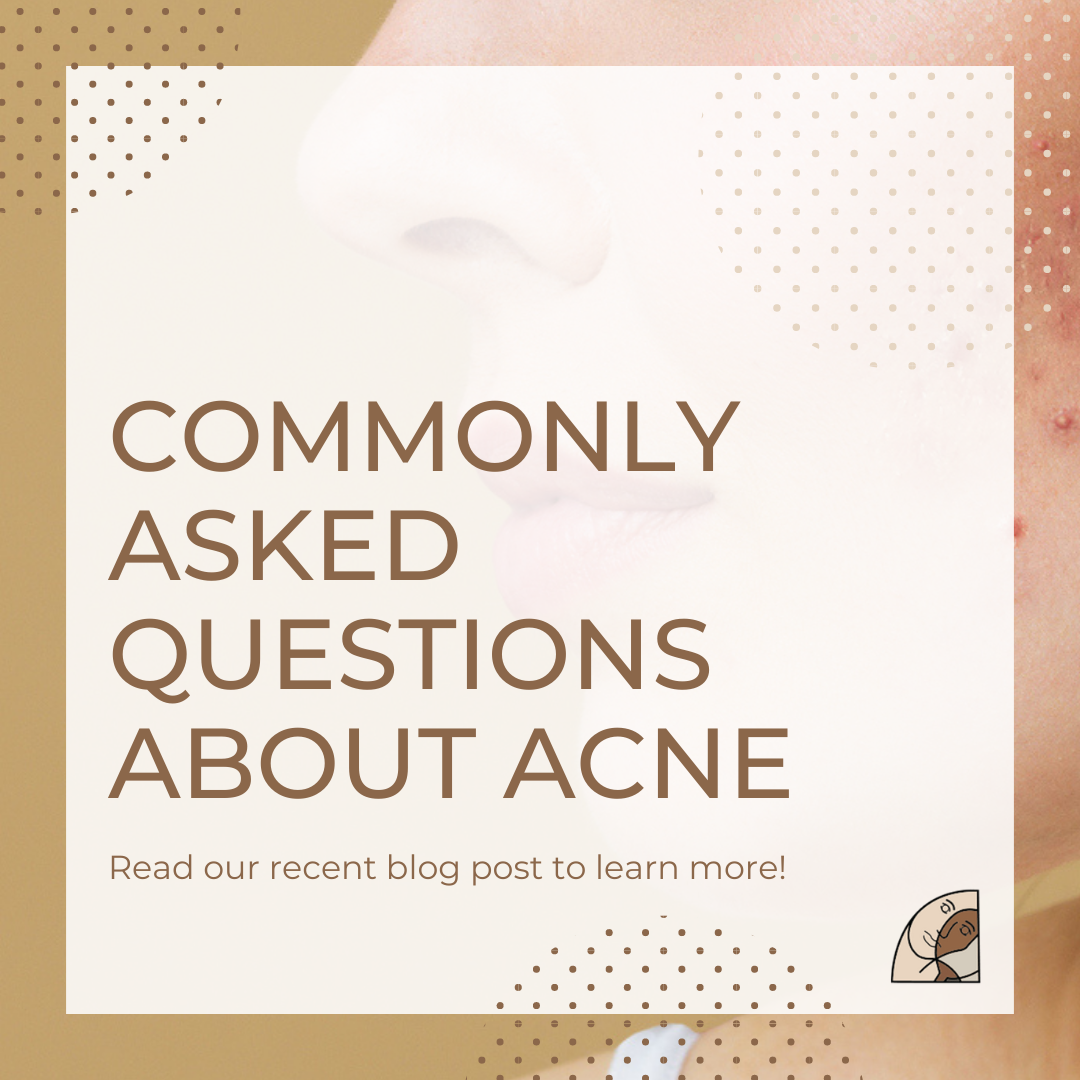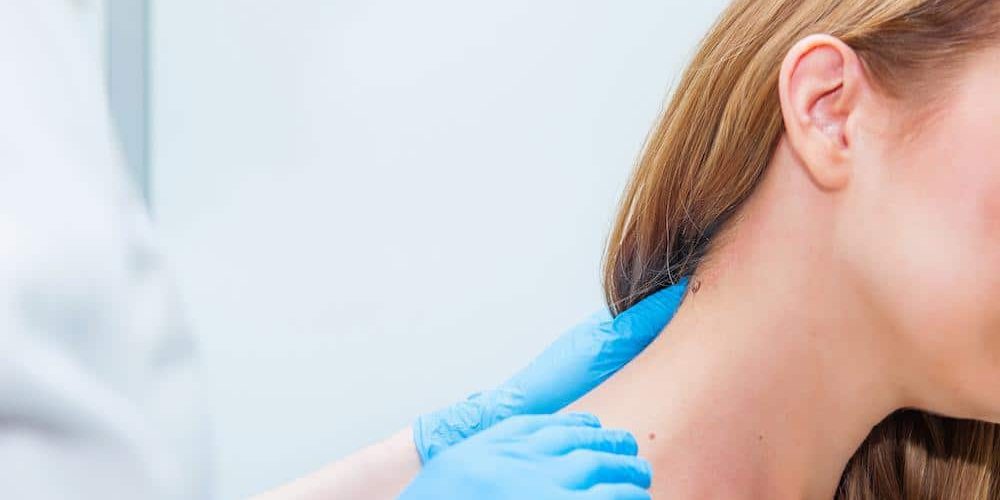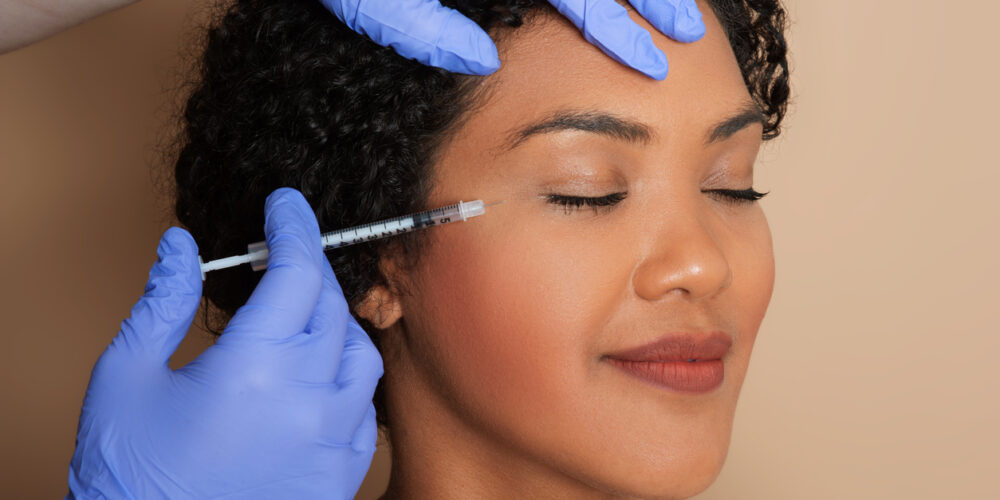What is acne?
Acne is a common skin condition that happens when hair follicles under the skin become clogged. Sebum—oil that helps keep skin from drying out—and dead skin cells plug the pores, which leads to outbreaks of lesions, commonly called pimples or zits. Most often, the outbreaks occur on the face but can also appear on the back, chest, and shoulders. For most people, acne tends to go away by the time they reach their thirties, but some people in their forties and fifties continue to have this skin problem.
Who gets acne?
People of all races and ages get acne, but it is most common in teens and young adults. When acne appears during the teenage years, it is more common in males. Acne can continue into adulthood, and when it does, it is more common in women.
Types of acne
Acne causes several types of lesions, or pimples. Healthcare providers refer to enlarged or plugged hair follicles as comedones. Types of acne include:
- Whiteheads: Plugged hair follicles that stay beneath the skin and produce a white bump.
- Blackheads: Plugged follicles that reach the surface of the skin and open up. They look black on the skin surface because the air discolors the sebum, not because they are dirty.
- Papules: Inflamed lesions that usually appear as small, pink bumps on the skin and can be tender to the touch.
- Pustules or pimples: Papules topped by white or yellow pus-filled lesions that may be red at the base.
- Nodules: Large, painful solid lesions that are lodged deep within the skin.
- Severe nodular acne (sometimes called cystic acne): Deep, painful, pus-filled lesions.
Causes of acne
One or more of the following can lead to the development of acne:
- Excess or high production of oil in the pore.
- Buildup of dead skin cells in the pore.
- Growth of bacteria in the pore.
Factors that increase your risk for developing acne
- Hormones. An increase in androgens, which are male sex hormones, may lead to acne. These increase in both boys and girls normally during puberty and cause the sebaceous glands to enlarge and make more sebum. Hormonal changes related to pregnancy can also cause acne.
- Family history. Researchers believe that you may be more likely to get acne if your parents had acne.
- Medications. Certain medications, such as medications that contain hormones, corticosteroids, and lithium, can cause acne.
- Age. People of all ages can get acne, but it is more common in teens.
The following do not cause acne, but may make it worse.
- Diet. Some studies show that eating certain foods may make acne worse. Researchers are continuing to study the role of diet as a cause of acne.
- Stress.
- Pressure from sports helmets, tight clothes, or backpacks.
- Environmental irritants, such as pollution and high humidity.
- Squeezing or picking at blemishes.
- Scrubbing your skin too hard.
Is there a test for acne?
To see if you have acne, your SkinMD provider may:
- Ask about your family history, and, for girls or women, ask about their menstrual cycles.
- Ask about your symptoms, including how long you have had lesions.
- Ask what medications you have taken recently.
- Look at your skin to help determine the type of acne lesion.
- Order lab work to determine if another condition or medical disorder is causing the lesions.
How is acne treated?
The goals of treatment are to:
- Help heal lesions.
- Stop new lesions from forming.
- Prevent scarring.
Medications can help stop some of the causes of acne from developing. Your SkinMD provider may recommend over-the-counter or prescription medications to take by mouth or apply to the skin. Talk to your SkinMD provider about any side effects that you experience.
Some people who have severe acne may need additional treatments, such as:
- Laser and light therapies.
- Procedure to remove the acne when other treatments are not helpful.
- Superficial chemical peels that remove the outermost layers of the skin.
- Surgical procedures to help treat and repair scarring.
Living with acne
If you have acne, the following may help you take care of your skin.
- Clean your skin gently. Use a mild cleanser in the morning, in the evening, and after heavy exercise. Try to avoid using strong soaps, astringents, or rough scrub pads. Rinse your skin with lukewarm water.
- Shampoo your hair regularly.
- Avoid rubbing and touching skin lesions.
- Shave gently and only when necessary to reduce the risk of nicking blemishes. Soften the hair with soap and water before applying shaving cream.
- Use sunscreen, and avoid sunburn and suntan.
- Choose cosmetics carefully. All cosmetics and hair care products should be oil free.
Whether your acne is mild or severe, the team at SkinMD can help restore your complexion and boost your self-confidence. To book an appointment, use our online booking tool or call 708-636-3767.



